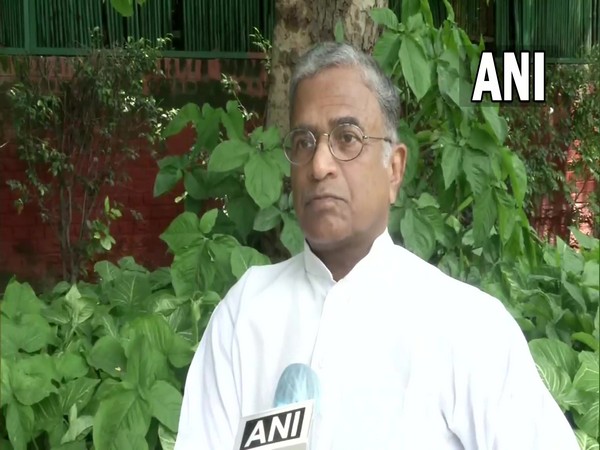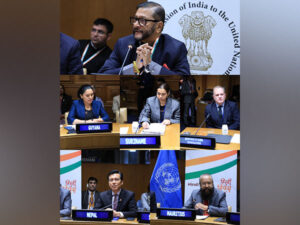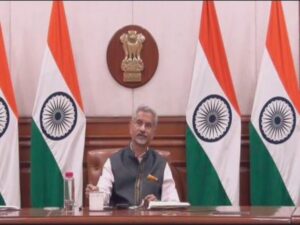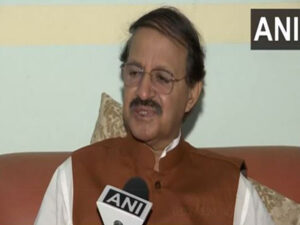
New Delhi [India], October 8 (ANI): Rajya Sabha Deputy Chairman Harivansh on Friday said the Covid-19 has given the country an opportunity to introspect on ensuring food and nutrition for all during challenging times.
The deputy chairman’s remarks came during his address at the seventh G20 Parliamentary Speakers’ (P-20) Summit held in Rome today.
Speaking on ‘Sustainability and Food Security after the Pandemic’, the Rajya Sabha deputy chairman observed that the agricultural sector in India remained resilient even during the worst phases of the Covid-19 pandemic.
Acknowledging the tireless efforts of millions of farmers in the country and appreciating farmer-friendly policies of the Central government, he said, “The agricultural sector in India remained resilient even during the worst phases of the pandemic. Owing to this, India has recorded the highest ever food grain production of 308 million tonnes.”
“Even during the difficult Covid-19 times, India not only continued its national food and nutrition programmes but also augmented them with additional measures to ensure affordable food for all,” he added.
Harivansh further said that in order to support the farm sector during Covid-19, India has initiated the world’s largest direct benefit transfer mechanism to provide cash assistance to over 113.7 million farmers. He informed that the implementation of this scheme at such a scale was enabled by the Unique Identification System – Aadhaar – a technological intervention to provide government assistance.
Expressing his concern on different natural calamities affecting the food supply, the upper house deputy chairman said, “The rise in frequency and intensity of natural disasters like floods, draughts due to climate change is likely to increase water shortages, loss of agricultural land and livestock, among other challenges. This urgently warrants an introspection to develop a resilient and sustainable food supply chain.”
He also highlighted 35 new crop varieties launched by Prime Minister Narendra Modi to address the twin challenges of climate change and malnutrition. He added that 86 per cent of Indian farmers come under the category of small farmers, who follow the subsistence model of agriculture with a very low carbon footprint, thus setting an ideal example of sustainable consumption and production pattern.
Harivansh further said that India is committed to strengthening the food and agricultural sector by doubling the farmers’ income in coming years and termed sustainability of the agriculture sector as an important anti-poverty tool, a means to provide gainful and decent employment. (ANI)

















